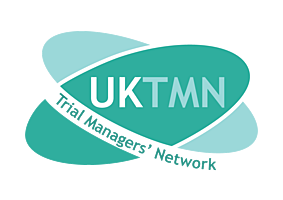Do you work in a Trial Management role but have not had your work recognised in publications arising from the trial?
Read on to hear UKTMN’s position on this and brief recommendations on how you might be able to change this in the future
Trial management staff play a critical role in the delivery of clinical trials. Yet, disappointingly, they are sometimes overlooked when it comes to recognising their contribution in the academic publication(s) that arise from the trial. We know it’s not a problem everywhere and in fact many trial management staff are included as part of the authorship team as a matter of course but we do know of cases where it has negatively affected individuals.
The International Committee of Medical Journal Editors (ICMJE) have clear criteria
recommending authorship be based upon the following four criteria.
1. Substantial contributions to the conception of design of the work, or the acquisition,
analysis, or interpretation of data for the work; AND
2. Drafting the work or revising it critically for important intellectual content; AND
3. Final approval of the version to be published; AND
4. Agreement to be accountable for all aspects of the work in ensuring that questions related to the accuracy or integrity of any part of the work are appropriately investigated and resolved.
We argue that trial management staff almost always meet criteria 1, and should then be
involved in the drafting, reviewing, and approving of the final publication, thereby meeting the criteria for authorship.
For many people working in academia, recognition by publication is important, with respect to university metrics and career development prospects. Trial management staff too, should be part of the authorship team because they play a significant role in the academic design and delivery of the trial, therefore recognising them for this invaluable contribution is just as important. Put simply, whether a trial manager needs to be recognised via authorship on the trial publication(s) is irrelevant – if they meet the authorship criteria, they should be recognised via publication.
It is important that everyone involved in a trial is clear about their input to resulting
publications, enabling personal expectations to be managed. We recommend that trials
develop a publication policy, up-front, which clearly outlines the plans for publication and authorship. We also advise early discussions with Chief and co-Investigators on this
important topic. For trial management staff based in Clinical Trials Units (CTUs), we
recommend that CTU standard operating procedures are developed to ensure trial
management staff, and other members of the trial team, are included either as co-authors or as part of group authorship as standard in publications. For trial management staff not based in CTUs, publication policy should be part of the study start up discussions and documented as part of a formal Publication Plan.


